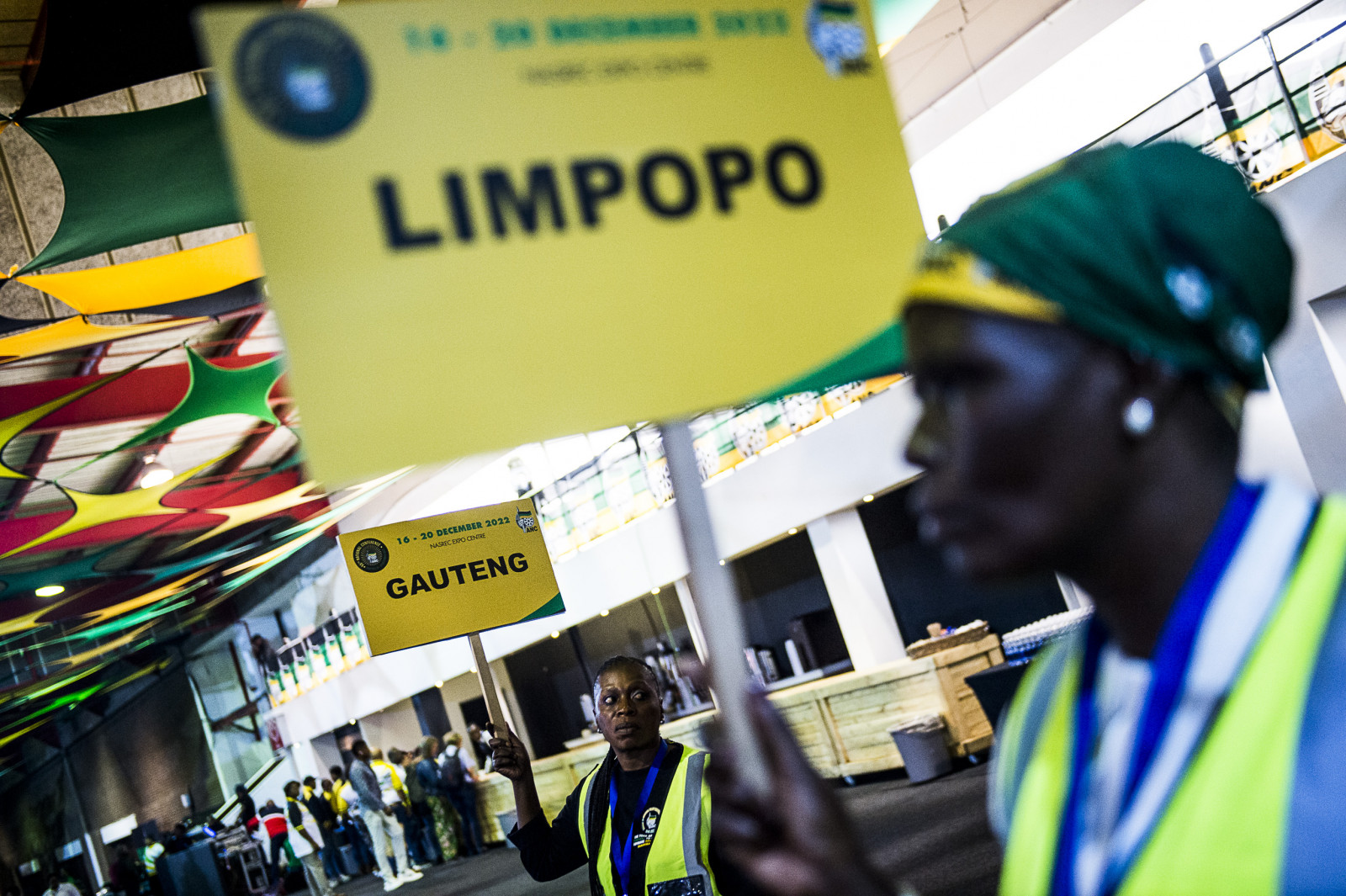Aid trucks from Egypt were expected to enter the devastated Gaza Strip on Sunday under a new U.S.-brokered agreement to reopen a vital conduit for humanitarian relief.
Egypt has blocked aid from entering the enclave via its territory since Israel’s seizure of the Rafah crossing — which provides access to southern Gaza — in early May. The two sides have traded blame over the crossing’s closure, even as aid has piled up on the Egyptian side. After U.S. pressure, Egypt announced on Friday that it had agreed to divert trucks through the Israeli-controlled Kerem Shalom crossing, which is roughly two miles from the Rafah crossing, as a temporary measure.
Roughly 200 trucks carrying food and other aid from Egypt were set to enter Gaza on Sunday via Kerem Shalom, according to Ahmad Ezzat, an Egyptian Red Crescent official. COGAT, an Israeli military agency that oversees Palestinian civilian affairs, could not be reached for comment.
The quantity of food, water and medicines reaching Gazans has plummeted since the war began nearly eight months ago. As a result, the United Nations and aid groups have been warning of widespread hunger in the enclave and urging Israel to open more routes for aid to enter. But in recent weeks, aid shipments into Gaza through the two main land conduits have been interrupted.
One of those crossings is Kerem Shalom, which sits at the intersection of Gaza, Israel and Egypt. Israel temporarily closed Kerem Shalom a few weeks ago after a Hamas rocket attack there killed four of its soldiers. Since then Israel has allowed some aid into Gaza through Kerem Shalom, but its distribution has been a point of contention. Israel says that aid agencies must distribute the aid. But the agencies say that the Israeli military’s activity in southern Gaza has made their job nearly impossible.
The other major gateway for aid is between Gaza and Egypt, at Rafah. Israeli forces captured the crossing as part of their initial advance toward the city overnight on May 6. Since then, Israeli, Egyptian and Palestinian officials have been unable to strike a deal to resume aid shipments there.
When the Rafah crossing closed, the Egyptian government also initially held out on sending aid trucks toward Kerem Shalom, in what American and Israeli officials called an attempt to pressure Israel to back down from its operation in Rafah.
On Friday, Egypt and the United States announced that Cairo had agreed to temporarily allow food, basic supplies and fuel to move from its territory into Gaza through Kerem Shalom. Abdel Fattah El-Sisi, the Egyptian president, emphasized that the measure was a stopgap until “a new legal mechanism” could be found on the Gazan side of the Rafah crossing.
It remains unclear when the Rafah crossing will reopen for aid. U.S. officials are expected to head to Cairo this week to “support efforts to reopen the Rafah crossing,” according to the White House.




















Discussion about this post